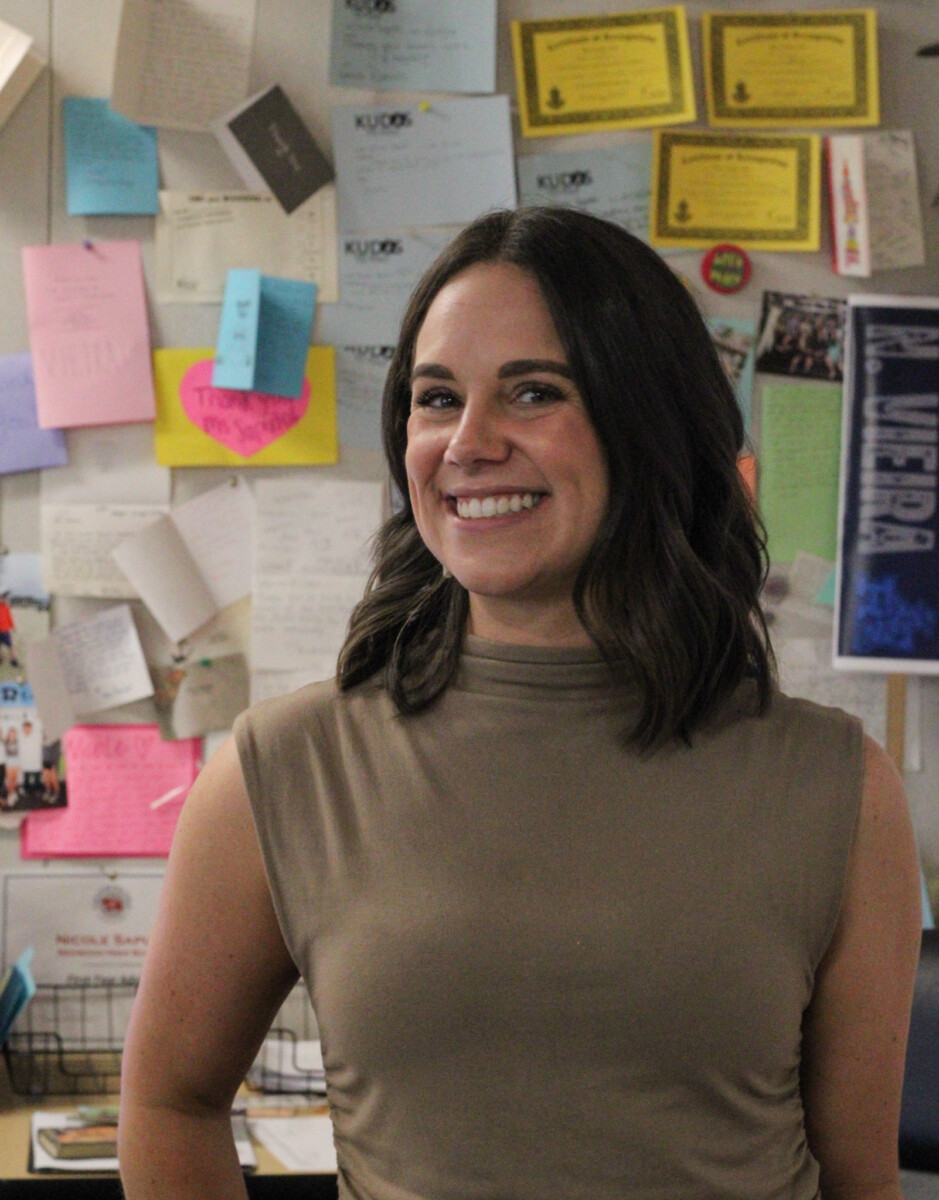Freshman, sophomores, and teachers share their thoughts on the upcoming phone restriction.
By: Anel Lua and Cami Lewis
Governor Gavin Newsom recently passed a law that requires schools to restrict cell phone usage among students by July 2026. This new law warranted a variety of reactions and controversy within all California schools.
All things come with positives and negatives. It’s no different with the upcoming phone ban.

Photo Gigantea
With the phone ban, students can potentially become less distracted during class time which means more work can be done.
Aiden Harris, ‘28, says, “I feel like I get less work done [whenever I have my phone] because when I get a notification I always check it. It just keeps distracting me even though I should be doing my work.”
Work is a big factor in why the phone ban was initiated since it’ll allow students to focus and keep up with their work, instead of always answering a ‘bzz-bzz’.

Photo courtesy of Samchez
However, many students disagree on this factor, saying it’s negative because phones don’t distract the students. It’ll make them more on edge if they are taken.
Samantha Sanchez, ‘27, says, “When phones are taken away, you can hear notifications going off on either your phone or somebody else’s and then you’re worried the whole class time.”
She says not knowing if a notification is important, necessary, or even yours, can leave you with an uneasy feeling which can negatively affect students.
Even with phones by their side, several students can balance out answering their phone and completing their work. “I’ve seen many people who can have their phones out during class, they still get their work done, and can still use the device without being distracted,” says Patrick Bixler, ‘27.

Photo Gigantea
Whether he’s right or wrong, everyone is going to have different opinions on the phone ban.
Teachers also have a voice on how they view phones before the ban is officially implemented at Redwood.

Photo Gigantea
Mrs. Nicole Vieira, an English 2 Honors and AP Literature teacher, is one of the few teachers who takes away students’ phones at the beginning of class.
Mrs. Viera says she does this because “they’re distractions, cheating mechanisms, and don’t really have any value in an educational setting.”
By doing this, she says her students have been noticeably more engaged in learning and their independent work.
Mrs. Vieira also believes it protects students from their “worst impulses” and stops them from being so addicted. “As teenagers, you don’t have the impulse control to not be on something that you’re addicted to.”
Even if it’s for a short period of time, it’s the first step to stop that from happening.

Photo A.Lua/Gigantea
Although, English 1 Honors teacher, Mrs. Megan Baptista, doesn’t confiscate students’ phones at the beginning of class and believes they have their benefits and aren’t completely negative.
Mrs. Megan Baptista says, “There are uses for phones in classrooms. Sometimes we use them to look things up when we are reading things quickly. Logging into a chromebook takes a lot of time, pulling out your cell phone and opening it is quicker.”
While they can be a distraction, they can also help students focus. “Sometimes students are listening to music to help them concentrate during independent work time,” says Baptista. Taking away that privilege could impact a student’s performance on assignments negatively.
Students and teachers both have their different opinions on the phone ban. There are many pros and cons to it, but how can all students learn to accept the upcoming ban, knowing their preference?
Tags: clubs & lifestyles, news, opinion, phones, rangers, Redwood, redwood gigantea, redwood high school, redwood journalism, redwood rangers, rhs, visalia ca

